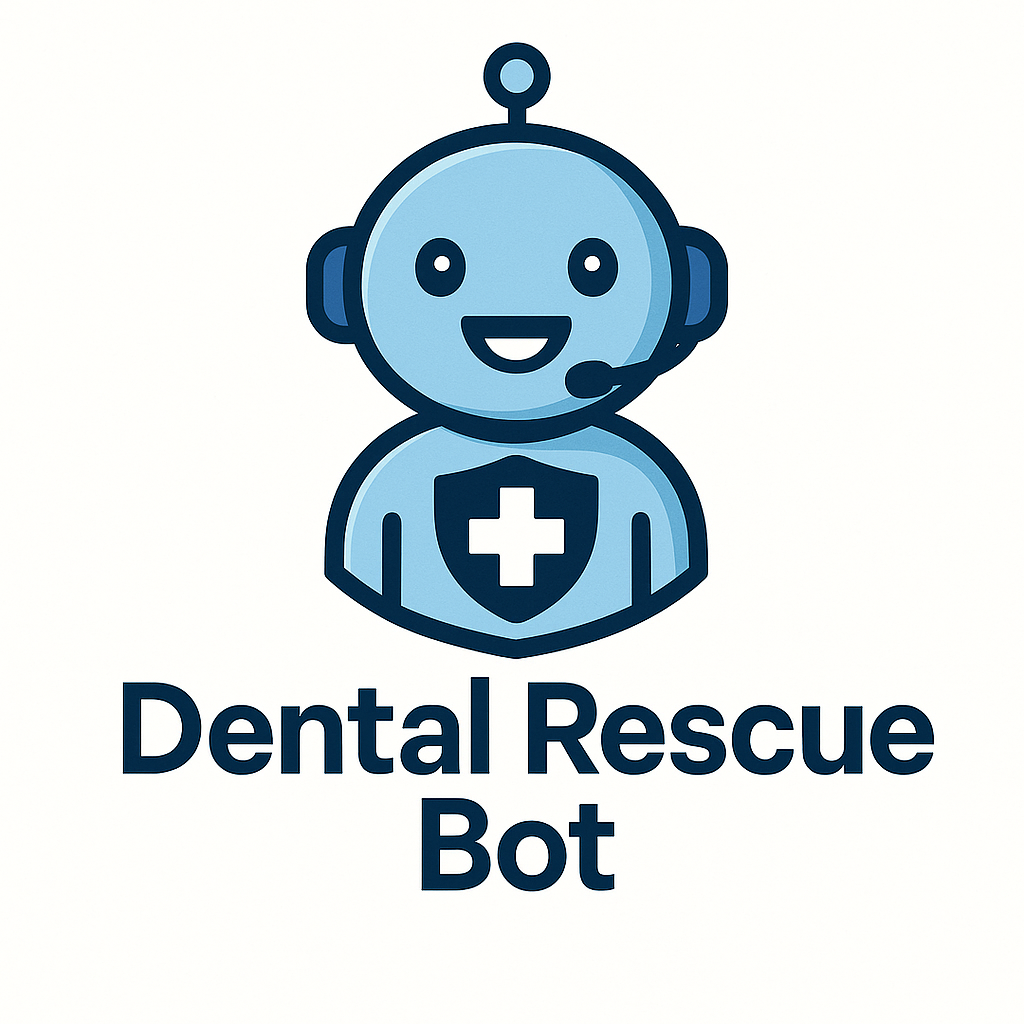Dental offices across the country are discovering a new solution to one of their most persistent challenges: providing patient support outside regular business hours. The OnCall Bot, developed by a dentist who understood firsthand the demands of modern dental practice, represents a shift in how practices manage patient communications and after-hours inquiries.

The technology addresses a critical gap in dental care delivery. When patients experience post-operative discomfort at midnight or have urgent questions on weekends, they often face the frustration of unanswered calls or expensive emergency hotlines. This AI-powered virtual assistant provides immediate responses to patient concerns, from routine insurance questions to post-procedure care instructions, operating continuously throughout the year.
Unlike generic chatbot solutions adapted for healthcare use, this system was built specifically for dental practices. The platform allows each office to customize responses with their specific services, hours, location details, and even personality touches like naming their virtual receptionist. This personalization helps maintain the practice’s unique voice while delivering consistent, accurate information to patients.
The implementation process reflects an understanding of dental offices’ varying technical capabilities. Practices receive three deployment options: a simple link for patient communications, code for individual webpage integration, or comprehensive website-wide installation. This flexibility ensures that offices without dedicated IT staff can still access the technology.
For dental teams already stretched thin by administrative tasks, the system offers practical relief. Staff members typically field repetitive questions about office hours, accepted insurance plans, and basic care instructions dozens of times daily. By automating these routine interactions, the virtual dental assistant allows team members to focus on in-person patient care and complex administrative tasks that require human judgment.
The financial implications extend beyond reduced staff overtime. Traditional after-hours answering services can cost practices hundreds of dollars monthly while often providing limited, script-based responses. The AI assistant offers more comprehensive support at a fraction of the cost, scaling automatically as patient volumes grow without requiring additional investment.
Patient acquisition represents another significant benefit. Website visitors seeking dental care often browse outside business hours, and unanswered questions can lead them to competitors. The virtual assistant engages these potential patients immediately, answering concerns and facilitating appointment requests that might otherwise be lost.
The technology’s impact on patient experience appears particularly significant for post-operative care. Patients recovering from procedures frequently experience anxiety about normal healing processes. Having instant access to reliable guidance can prevent unnecessary emergency calls and build confidence in their provider’s commitment to comprehensive care.
As dental practices increasingly compete on service quality and accessibility, tools that extend patient support beyond traditional office hours become strategic differentiators. The OnCall Bot represents this evolution, transforming how practices deliver consistent, accessible care while managing operational costs and staff wellbeing.
The adoption of AI assistants in dental practices signals a broader transformation in healthcare delivery, where technology supplements human expertise to create more responsive, patient-centered care models. For practices seeking to enhance patient satisfaction while reducing administrative burden, virtual assistants offer a practical path forward in an increasingly digital healthcare landscape.
No responses yet